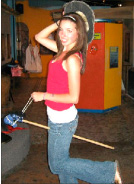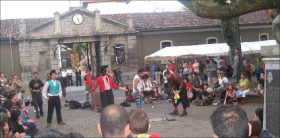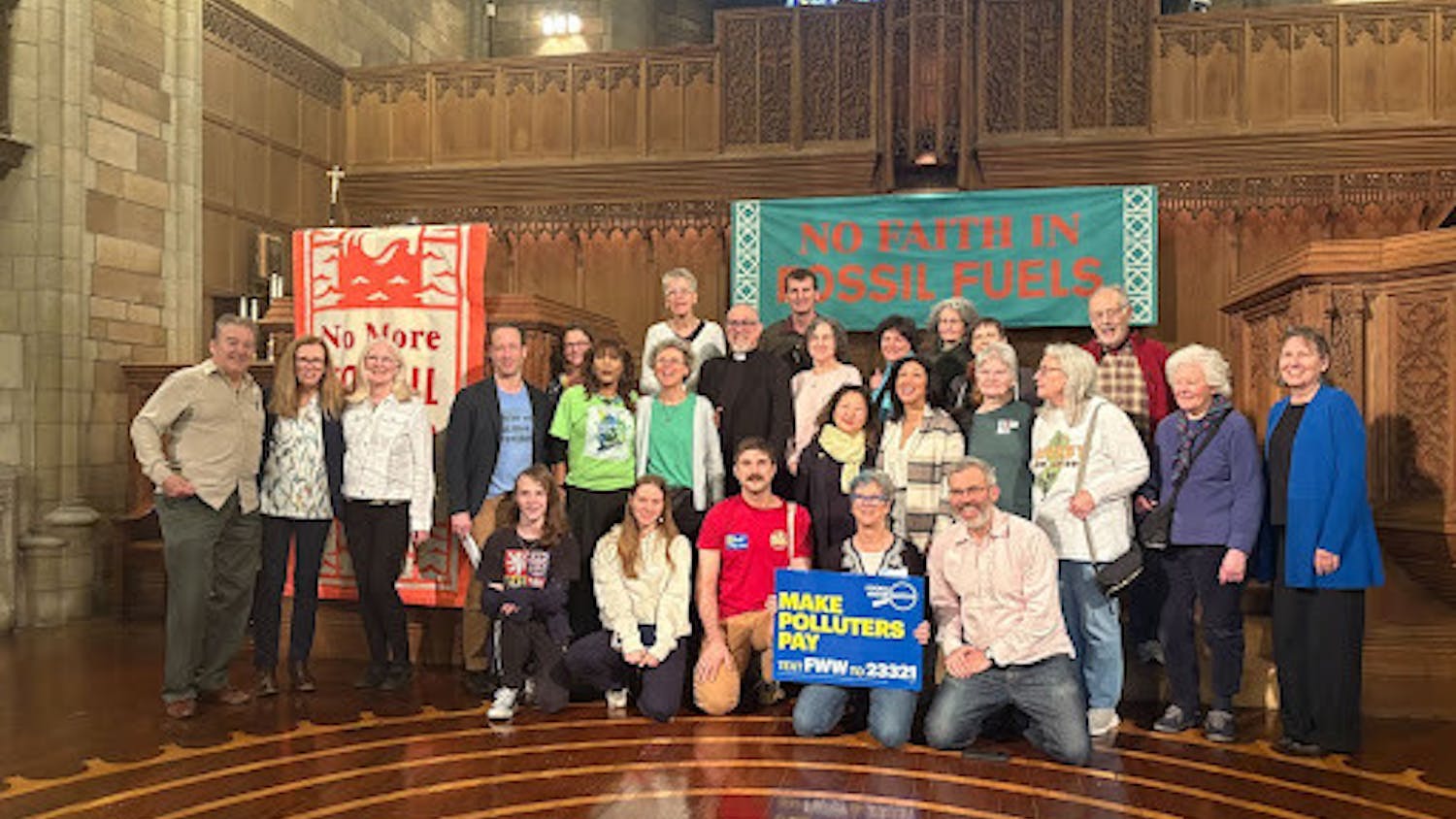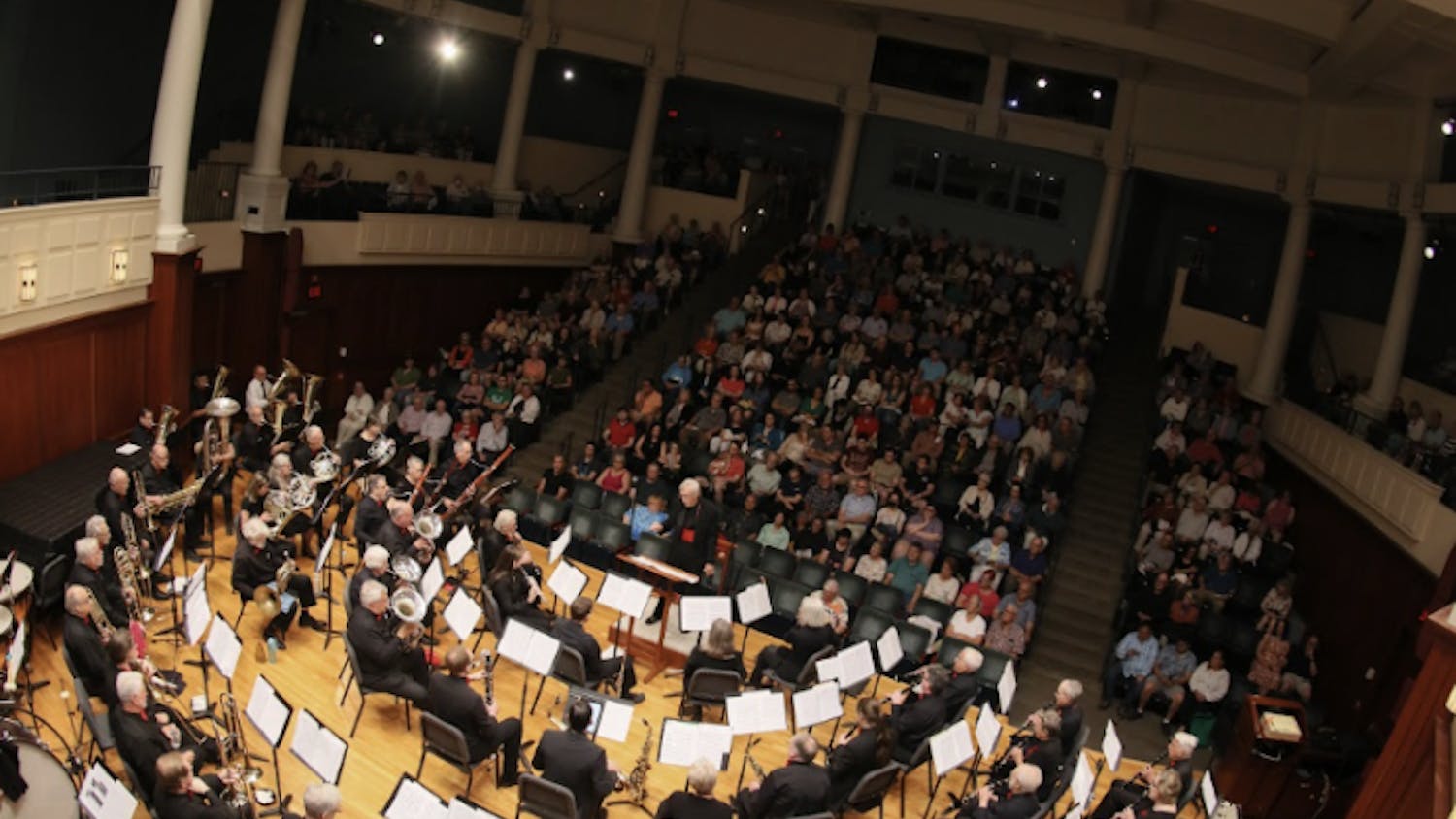
By Brianna Gunter
Foreign Correspondent
Costa Rica is widely known as one of the world’s happiest nations. Actually, it is the happiest in the world. Just last year, the World Database of Happiness (yes, it exists) ranked this tiny Central American country first out of happiest nations with a score of 8.5 on a scale of one to 10. The U.S. ranked 20th with a score of 7.4.
Because I am currently living in the capital of happy — a place more than 10 points happier than my homeland — I decided to examine just what it is that makes this country so darn full of smiles. There are of course the obvious reasons: nice beaches, access to both the Caribbean and Pacific oceans, awesome forests and waterfalls, good weather, democracy, ice cream places on every corner, etc. But after living here for two months, I believe the true reasons for Tican happiness are a little more complex than palm trees and blue skies.
I think I’ve mentioned before the terrible condition of the sidewalks here. I generally walk with an eye constantly to the ground so I can navigate around potential chasms of death (most holes are more than a foot wide, and you can see straight down to the sewers). There are needless hazards everywhere actually, but people here just don’t worry about them. Life sure is happier when you don’t stress the small stuff.
Of course, this would never fly in the U.S., where people even file suit against fast-food joints for “making them” obese. Did McDonald’s force feed that woman burger after burger? I don’t think so! Yet here in Costa Rica, lawsuits are at the very back of people’s minds — if they have a place at all. If a neighbor is injured on your property here, you help them rather than worry about being sued or having to pay their medical bills.
That’s the thing about medical bills though; there aren’t really any here. Well, at certain clinics one does have to pay a fee, but it is very small. As my host dad explained, the government here takes a certain percentage of everyone’s paychecks and puts it in a sort of national pool for medical care (doesn’t sound like it, but trust me when I say it’s very different than America). Sure people don’t enjoy losing money, but because of this system, anybody who needs medical attention receives it without having to worry about cost. Nice, huh? Maybe if that aforementioned woman had received the obviously needed medical attention for her mind, she wouldn’t have sued Mickey D’s.
Speaking of fast-food restaurants again, practically every single one here has a play place for children — even Papa John’s. These aren’t just any play places mind you; they are

the best I have ever seen. Full-on jungle gyms and ball pits. It certainly isn’t hard to find a happy child while grabbing a quick lunch.
Of course, lunch here isn’t really “quick.” People take it slow and hardly ever eat or drink on-the-go. Fast food is popular but not that popular. Not even the huge smiling Wendy balloon (“Fat Wendy” as my friends and I call her, because she really is a chubby balloon child) perched on top of every Wendy’s joint can lure people away from their much healthier, more filling and much tastier traditional meals.
Growing up happy definitely plays a huge role. There’s even a Museo de los Niños (Children’s Museum) nearby. Here kids, and those of us who like to bring out our inner child, can run and play in countless interactive learning setups. Anyone from central/eastern New Jersey remember a magical place called Imagine That? This museum is an even better version. My personal favorite is the terremoto room, which shakes to imitate earthquakes. Last one to stay standing wins!
Children here are, of course, happy for various other reasons. The average family here has multiple children and is more intimate than the average U.S. family. In fact, parents love their kids so much that there isn’t much pressure for people to marry and/or move out. If Ana wants to stay with her parents forever, she can. Universities here don’t even have dorms (yay for continuous free housing and food from Mamá y Papá).
The school system here really is great though, and Costa Rica has an extremely high literacy rate. And despite my host brother and sister insisting otherwise, I believe it is good that every school here mandates uniforms. No child ever undergoes insults for their clothes, or not in school, at least.
There is really an endless sea of reasons for why Ticos are so happy, and I could keep going. However, I am currently being called for dinner where there is sure to be good food and lots of laughter. As everyone happily says here when it’s time to say goodbye, Pura Vida.






